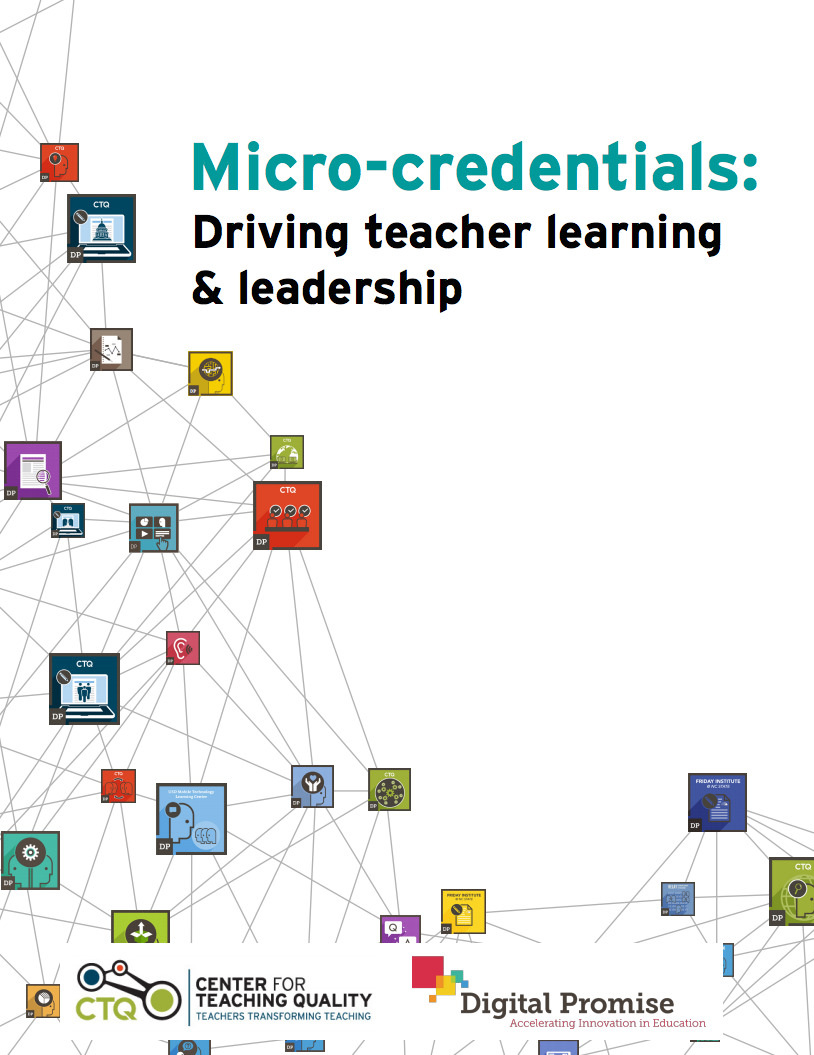

American schools invest substantially in teachers’ professional development annually, but mostly without
significant impact. Considerable evidence suggests that formal professional development often misses the
mark. The good news is that teachers, now more than ever, are also learning in a variety of informal ways.
Systems just don’t yet have reliable ways of tracking or making the most of that growth.
A potential solution for strengthening professional development is at hand: micro-credentials for
educators.
The emerging micro-credentialing approach—driven by an agile online system—presents teachers with opportunities to document their formal and informal learning. Individually and in teams, teachers can
identify and develop important skills, submit evidence of their competence, and earn digital badges verifying
their expertise. School systems can tap the resulting data to inform decision-making about investments
in professional learning to most effectively support teaching practice. And in the long run, microcredentials
offer a way for American teachers to more fully own and advance their profession.
This paper explores the potential of microcredentialing to support teacher and leader
development. We will begin with a quick look at the current state of professional development for
American teachers, including recent trends that have set the stage for this new approach. Next, we’ll define
micro-credentialing and outline the specific benefits of micro-credentials in the current reform context.
Finally, we’ll survey the current policy landscape and identify next steps for moving districts and states
toward micro-credentialing. We have more questions than answers, but we are optimistic about the promise
micro-credentials offer to drive teacher learning and leadership.
 Download file:
Download file: